In today's world, staying hydrated is more crucial than ever, and plastic water bottles offer a convenient solution for on-the-go hydration. With an overwhelming selection available, finding the right brand can make all the difference in terms of durability, design, and environmental impact. Brands have adapted to consumer demands by offering an array of innovative features, such as eco-friendly materials and ergonomic designs. To assist you in choosing the best option, we've compiled a list of top brands known for their quality and sustainability—explore them below to find your perfect match.
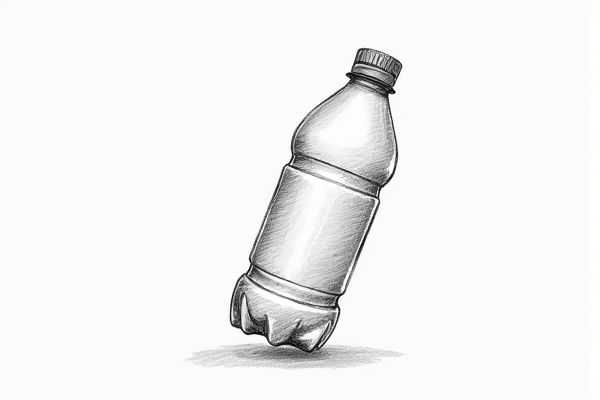
Illustration of plastic water bottle
Best brands of plastic water bottle in 2025
Nalgene
Nalgene, a pioneering brand in the production of high-quality, sustainable plastic water bottles, notably introduced the Nalgene Sustain line made from 50% certified recycled material, equivalent to transforming eight single-use plastic bottles into each reusable bottle. Since its inception in 1949, Nalgene has been committed to the circular economy, reducing fossil fuel use and greenhouse gas emissions. Their bottles, made from Tritan and Tritan Renew materials, are BPA-free, durable, and designed for long-term use, with the ability to withstand extreme temperatures and be dishwasher safe. Nalgene's manufacturing process in Rochester, NY, and sourcing in Kingsport, TN, ensure a high level of quality and environmental responsibility. The brand's innovative approach has made it a leader in the reusable water bottle market, which is projected to grow from $2.1 billion in 2024 to $3.1 billion by 2031.
CamelBak
CamelBak is a leading producer of plastic water bottles, known for its innovative and sustainable products. The company has made significant strides in using recycled materials, such as Tritan Renew, which contains up to 50% recycled content, aligning with consumer demands for environmentally responsible products. By 2025, CamelBak aims to reduce its climate impact and achieve silver status for all its products through a sustainability ranking system. Their products, like the Pivot bottle, incorporate renewable materials and advanced recycling technologies, contributing to a more circular economy. CamelBak's commitment to sustainability and product quality has positioned it as a major player in the reusable water bottle market.
Hydro Flask
Hydro Flask is a leading brand in the reusable water bottle market, known for its high-quality, double-walled, vacuum-insulated stainless steel bottles that keep beverages hot or cold for extended periods. Despite a recent shift in consumer preference towards tumblers, Hydro Flask's water bottles have historically dominated the market, with the brand being a major player since its founding in 2009. However, the brand is adapting to the trend, expanding its product line to include tumblers. Hydro Flask's parent company, Helen of Troy, reported a 7.3% drop in net sales of its Home & Outdoor category, which includes Hydro Flask, but the brand remains a significant force in the market. The U.S. reusable water bottle market, where Hydro Flask is a key player, was estimated at USD 2.06 billion in 2024 and is projected to grow at a CAGR of 4.5% from 2025 to 2030.
Contigo
Contigo, a leading brand under Newell Brands' Outdoor and Recreation Business Unit, is renowned for its innovative, leak-proof beverageware, including high-quality plastic water bottles. In 2022, Contigo and another major player, S'well, held around 10% of the industry share in the water bottle market, which was valued at USD 8.2 billion that year. Contigo's products, such as the Kids AUTOSPOUT(tm) Water Bottle, are designed with features like easy-to-clean lids, spill-proof valves, and one-handed drinking mechanisms, making them highly preferred by consumers. The brand's focus on product innovation and sustainable materials aligns with the growing health awareness and demand for convenient hydration solutions. Contigo's products are popular among parents, with 43% of surveyed parents planning to purchase reusable water bottles for their children.
S'well
S'well is a prominent player in the reusable water bottle market, known for its high-quality and stylish products. In 2022, S'well and other major brands like Contigo held around 10% of the industry share, highlighting their significant presence in the market. The global reusable water bottle market, which was valued at $61.74 billion in 2020, is expected to grow at a compound annual rate of 4% from 2021 to 2028, driven by increasing consumer concern over single-use plastics and a rising inclination towards healthy lifestyles. S'well's focus on product innovation, sustainable materials, and effective distribution strategies has helped the brand capture a substantial market share. The brand's commitment to environmental sustainability aligns with the growing demand for eco-friendly products.
Thermos
Thermos, although not primarily known for plastic water bottles, is a pioneering brand in the insulated bottle market, having manufactured vacuum flask-based products for over 100 years. Founded in 1904 in Germany, Thermos has become synonymous with vacuum-insulated flasks. However, the market for thermos bottles is dominated by stainless steel, with this segment capturing a 44% market share in 2021 due to its better insulating capabilities and durability. While Thermos does offer a range of insulated food and beverage containers, its focus is more on stainless steel and other materials rather than plastic. The brand's historical significance and wide range of products make it a notable player in the market.
SIGG
SIGG, a renowned brand in the reusable water bottle market, is celebrated for its high-quality, environmentally friendly products. Since 1908, SIGG has been producing durable and leak-proof aluminium water bottles, with their designs even featured in the New York Museum of Modern Arts since 1993. The brand offers a wide range of bottles in various materials, including aluminium, glass, Tritan, and polypropylene, catering to different needs such as outdoor adventures, sports, and everyday use. SIGG's commitment to sustainability and innovation has made it a leader in the market, which is expected to grow at a CAGR of 4.5% to 5.05% from 2023 to 2032. The Asia-Pacific region, where SIGG has a strong presence, dominates the market with a significant share.
Klean Kanteen
Klean Kanteen is a pioneering brand in the reusable drinkware and food storage market, known for its commitment to sustainability and reducing single-use plastic waste. Founded in 2004, the company introduced the first stainless steel, BPA-free water bottle, addressing health and environmental concerns associated with plastic and lined aluminum bottles. Klean Kanteen has expanded its product line to include insulated bottles that can keep drinks cold for up to 50 hours and hot for up to 20 hours, as well as stainless steel food containers and reusable straws. The company's new product strategy led to a 30% increase in sales within the first year and a 15% growth in market share over two years. Klean Kanteen's efforts have also boosted brand awareness by 25% and improved customer satisfaction by 20%.
Brita
BRITA is a globally renowned brand, particularly esteemed for its high-quality water filtration products, including plastic water bottles. Founded by Heinz Hankammer in 1966, BRITA operates with 27 subsidiaries and employs 2,314 people worldwide as of 2023. The company generates 81% of its turnover outside the German market and is represented in 69 countries. BRITA's product portfolio includes a range of water filter bottles, jugs, and integrated filtration solutions for home and professional use. Over 20 billion litres of water run through BRITA products every year.
Under Armour
Under Armour is a leading brand in sustainability, particularly notable for its efforts in recycling plastic bottles. Through its use of Unifi's REPREVE recycled fiber, Under Armour has recycled the equivalent of 69 million plastic bottles, offsetting the need for petroleum in virgin fiber production and conserving enough water to nearly fill Baltimore's National Aquarium. By 2021, approximately 40% of the fabrics used in Under Armour's apparel and accessories were made from materials capable of being recycled. The company aims to have 75% of its fabrics made from low-shed materials by 2030 and reduce single-use plastic packaging by 75% by 2025. Under Armour's commitment to sustainability aligns with its mission to make athletes better while protecting the environment.










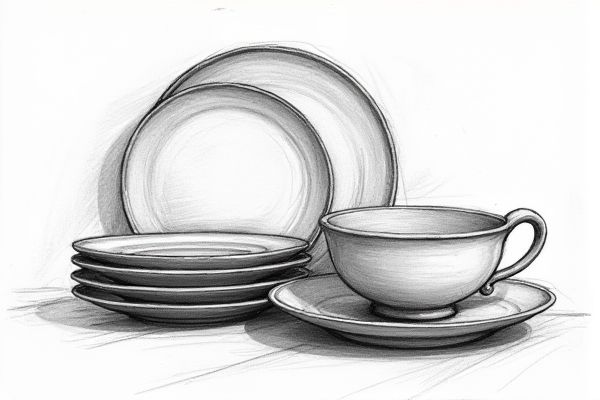

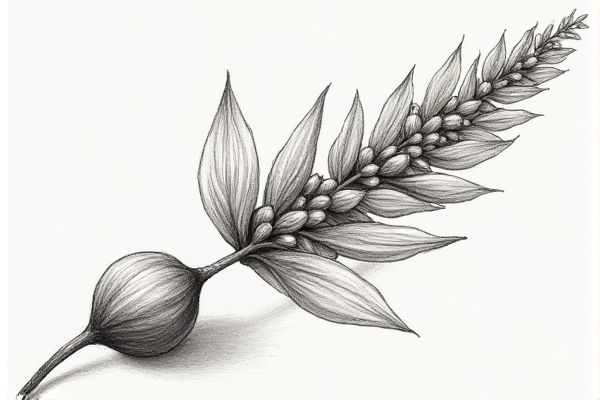
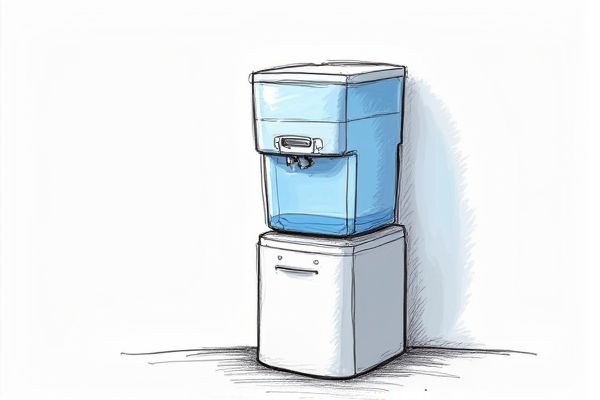
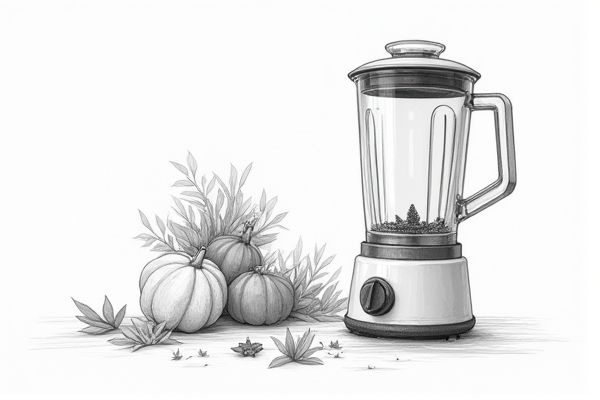
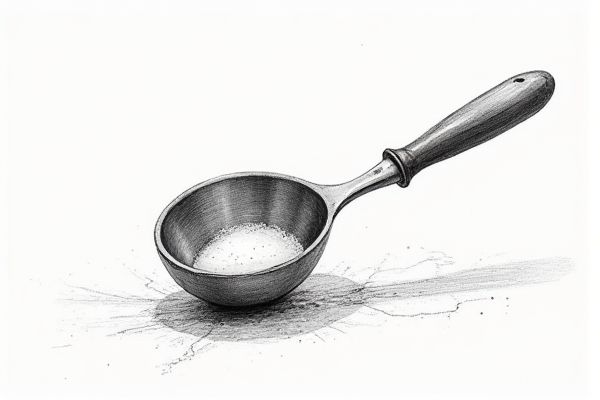
Leave a Reply
Your email address will not be published.